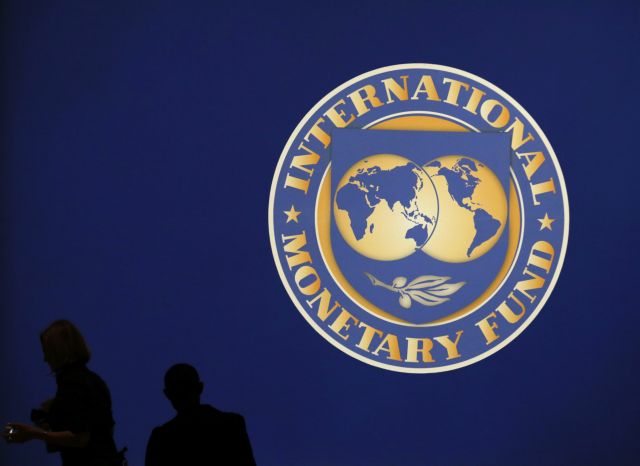An article published by Reuters suggests that the involvement of the International Monetary Fund in the Greek bailouts has been a “never again” experience. With Greece postponing its payments due in June towards the IMF, critics have argued that the Washington-based bank has suffered damages to its credibility.
With the IMF being a junior partner in the European bailouts, it was forced to go along with the political negotiations and efforts to keep Greece in the Eurozone, rather than insist upon debt write offs. According to former IMF official Ousmene Mandeng “one of the most important lessons for the IMF from the Greek program should be that a multilateral institution should not institutionalize special interests of a subset of its membership”, while adding that the interests of the IMF and EU/ECB are not necessarily aligned.
The IMF has argued in favor of a debt write off, in order to make the debt sustainable, as early as 2013, when it published a report on the first bailout of 2010. At the time it agreed to the European plan, in spite of its reservations, out of fear of the Greek crisis spreading to other European states.
With Germany vehemently opposing the possibility of a debt haircut, the International Monetary Fund has been arguing that Greece will not survive without a third bailout that also includes debt restructuring. At the same time, the IMF is not considering lending any further funds to Greece, while Germany wants the Fund to remain involved in the bailout efforts.




